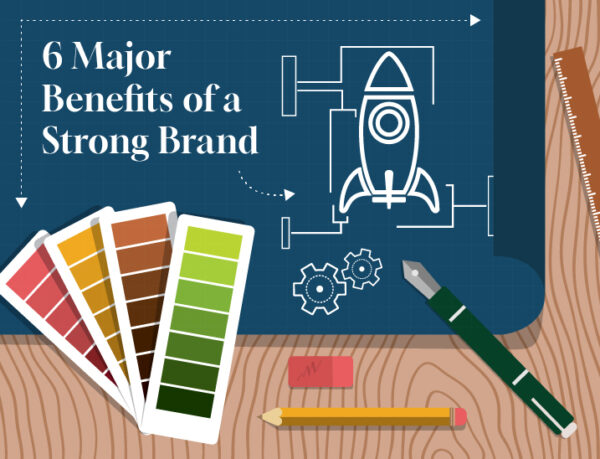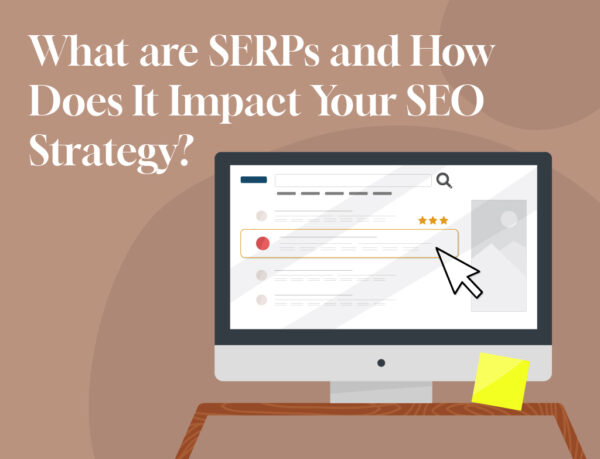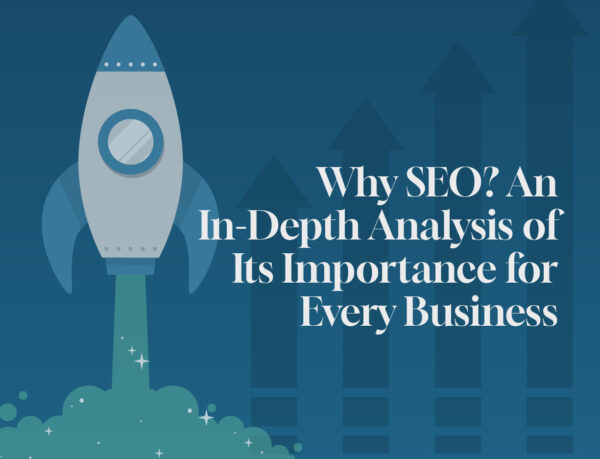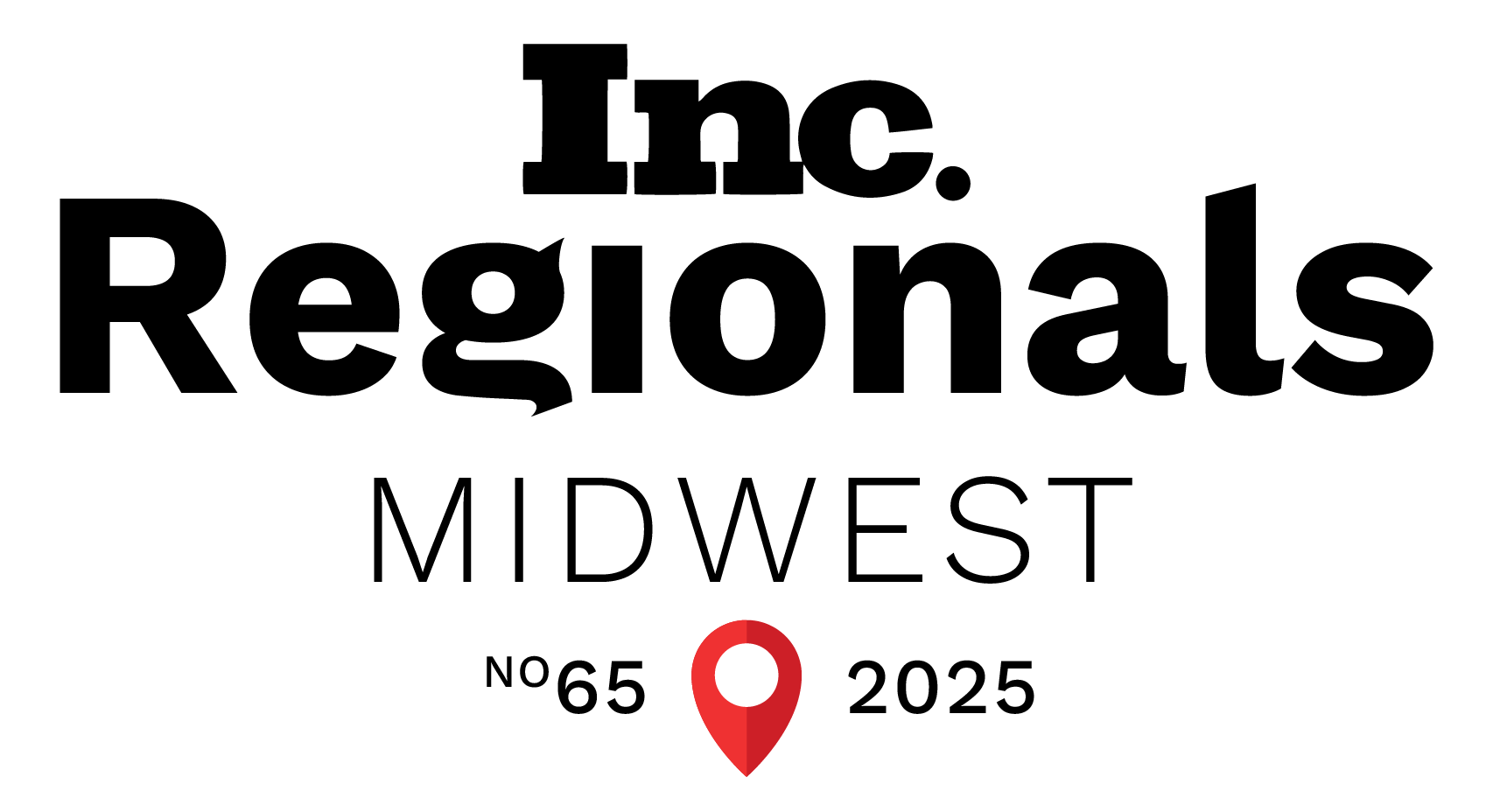MQL vs. SQL: What Are Marketing MQLs and SQLs and How Are They Different?

In This Article
Everyone wants qualified leads. That’s just a business reality! When it comes to digital marketing and sales, there are two types of leads that really make all the difference when making decisions for guiding a customer down your digital marketing sales funnel.
A marketing qualified lead (MQL) and a sales qualified lead (SQL) are two very important leads to differentiate between. Both are qualified leads, and both require specific approaches to get them to convert from lead to paying customer.
In this blog post, we’ll discuss the differences between MQLs and SQLs, why those differences matter, and how to make the transition between an MQL and an SQL.
MQL vs. SQL: What Are They?
We know that the differences between MQL vs. SQL require different approaches, but let’s back up for a moment and answer the first question: “What is an MQL and an SQL?”
What Is MQL?
MQL stands for marketing qualified lead, meaning someone who shows enough interest in your company that they will more likely become a customer than other people visiting your website.
They are prospective customers who are still looking for more information, interested but not interested enough to become a paying customer…yet.
An MQL fits the attributes of your buyer personas. Your buyer personas are characters that represent your target audience members—those individuals who have the qualities of a qualified lead that turn into purchasing customers.
Even though an MQL fits the mold of your buyer personas, they may be missing key attributes that place them in the category of a sales-qualified lead. They may need to know more about your product or service before deciding to move towards purchasing.
If all goes well, an MQL can be nurtured to move towards an SQL. They are audience members who fit the qualifications of your ideal customer yet desire more information before buying.
What Is SQL?
A sales-qualified lead is someone who was once an MQL and is now a qualified lead in the pursuit of purchasing. They have graduated from being an MQL and require different, more sales-appropriate information to move towards the final “yes” of a purchase.
An SQL is in the process of moving from a qualified lead as a prospective customer to a purchasing customer. These audience members are ready for the information they need to make a specific purchase decision.
A sales team member pursues this SQL and gives them more in-depth information, as well as feeling out their true motivations for possibly making a purchase.
An SQL, in short, is someone who stands out more than other qualified leads in their interest to make a final purchase decision.
MQL vs. SQL: But First, a Refresher…
We just discussed the meaning of MQL and SQL. Now it’s time to move on to the details of the two terms as individual leads and how to work with them together.
But first, let’s review some of the terms that come up when discussing the differences between MQL vs. SQL.
Marketing Sales Funnel
A marketing funnel is a visual tool used to see the path your prospective customers take from becoming an audience member to an MQL, to an SQL, and then to a purchasing customer.
Marketing funnels typically have five stages:
- Awareness
- Interest
- Consideration
- Evaluation
- Conversion/final action
A funnel gathers a wide range of audience members by spiking awareness of your brand and products. The next step is to eventually—in a funnel-type manner—concentrate those prospects to a smaller number of people who will hopefully become paying customers.
It’s important to note that completing a sale does not always have to be the ultimate goal of a marketing funnel. You may have other digital marketing goals that result in a conversion that is not a sale. But this post about MQL vs. SQL does focus on a sale as the final goal.
For more information about marketing funnels and different objectives, contact our marketing team at Metric Marketing today!
Inbound Marketing
Inbound marketing uses digital marketing strategies that lead your target audience back to you. This is accomplished using a number of strategies:
- Search engine optimization (SEO)
- Content marketing
- Organic social media marketing
- Pay-per-click advertising (PPC ads)
- Paid social marketing
Any time a target audience member is intentionally directed back to your website and/or landing pages, you are practicing inbound marketing.
Key Performance Indicators (KPIs)
A digital marketing KPI is a measurable collection of metrics that track your digital marketing efforts. You can use KPIs to make decisions about your digital marketing and sales strategies by reviewing and interpreting your metrics.
Track what is doing well and what needs improvement, then make informed, data-driven decisions regarding your marketing/sales practices.
Content Creation
Content creation is the practice of developing your brand and trust with your customers. Content creation is especially important when understanding MQL vs. SQL because the stage your lead is at will determine what type of content you should present to them.
Content creation happens any time you spotlight your brand while simultaneously providing credible information to your audience—whether they are an MQL or an SQL.
CRM
CRM stands for customer relationship management. If marketing (MQLs) and sales (SQLs) were weights, then your company’s CRM would be the scale balancing those different leads.
Leads
We keep throwing the term qualified leads around, but what exactly is a lead? In short, a lead is anyone who is an audience member who will reach a stated business objective.
Whether it is a potential client for a lawyer or a paying customer for your SaaS company—or really any type of business looking to increase their return on investment—the person who shows they are interested and has the attributes to follow through on their interest is a qualified lead.
Let’s Get Started
And there you have it! Above are some of the main keywords that you will need to understand the differences and similarities between MQLs and SQLs. Now it’s time to look at how these can all be applied.
MQL vs. SQL: What’s the Difference?
There is one key difference that separates an MQL from an SQL: buying intent.
Of course, MQLs and SQLs have their own attributes, but the quality that separates them is intent to buy. The key is for your MQL marketing team to gather enough evidence to show that the MQL has surpassed the phase of consideration and is ready to transition to SQL marketing. Once this happens, the MQL progresses to an SQL.
Once you have an SQL, the SQL marketing/SQL sales team will start working to turn their qualified lead—again, the lead that was just an MQL—into a purchasing customer.
MQL vs. SQL: Why Knowing the Difference Matters
Here’s the thing about both kinds of qualified leads: Everyone on your team must know the difference.
If your MQL marketing team does not have a clear understanding of what qualifies a lead to be an SQL, they may nurture the lead for too long, or jump the gun on sending the MQL off to sales.
On the other hand, your SQL marketing team needs to know what marketing strategies to apply; if the person they are selling to is not ready to buy, they may be put off by the process.
Knowing and Nurturing
Leads in each of these categories need to be nurtured before they’re ready for the final sale. Attempting a sale with a lead who is not yet an SQL can result in a total lead loss. However, having a clear understanding about what differentiates an MQL from an SQL can lead to a best practice marketing process with a goal-achieving outcome.
SQL and MQL Meaning Definitions in Different Industries
Another important note: MQLs and SQLs may look different depending on your industry—and even for your business within your industry! Coming up with definitions for each type of lead as an entire team, marketing and sales combined, is how to draw clear lines of communication. Define your MQLs and SQLs based on what makes the most sense for your company.
A Place in the Marketing Funnel: Why Content Matters
As previously mentioned, your marketing sales funnel is the process that qualified leads take from the start of the sales process to becoming a paying customers at the end of the process.
Clarify Your MQL SQL Funnel
Another way to think about your funnel is by calling it an MQL SQL funnel. Think of your MQLs and SQLs in this way: The efforts you will be putting forth into your leads will depend on where your leads are in your marketing funnel.
If you have a clear description of each stage in your overall marketing/sales funnel, then you can more easily make the distinction between the two types of leads.
So, What Does This Have to Do With Content?
The stage at which your lead is at in the MQL SQL funnel determines what type of content to present to them in order to nurture them further towards a final sale.
To simplify this idea, cut your funnel in half horizontally:
- Those who are at the top of the funnel are MQLs.
- Those who are at the bottom of the funnel are SQLs.
You will not present your top-funnel leads with the same information as those near the bottom. Frankly, that would be redundant. Because SQLs are already at the bottom, they have evaluated the information they were presented at the top of the funnel, and now need new information that will help them feel ready to commit to buying.
MQL Content at the Top of Your Funnel
The top of your funnel includes the following:
- Awareness
- Interest
- Consideration
During this phase, those who become aware of your business and show interest will move into the consideration phase, becoming an MQL. You will know how to recognize your MQLs because they will show genuine interest in researching your company and products more broadly.
An MQL will be looking for content that is informative. The content you provide during this stage may include the following:
- Who you are as a brand (“About Us” and your homepage)
- Who your employees are
- When to purchase your product or service
- How your product or service can broadly benefit the buyer/client
This is general information about your industry, company, and products. At this point in the funnel, you are focusing on nurturing trust.
Establish a trustworthy relationship with your audience. The more they see you as a credible voice in the industry, the more interested they will become in committing to your company—specifically, this means when they are ready to become an SQL.
An MQL needs more information before buying, but they are still showing interest. This interest may be in the form of:
- Contact information
- Fitting your marketing persona
- Filling out a form or survey
- Visiting/exploring your site for the first time
When these new website visitors keep coming back to your website and further engage with your company, it’s time for them to transition to an SQL.
SQL Content at the Bottom of Your Funnel
Your SQL is now further down the funnel and ready to interact with the sales team. They will be looking for specialized information about particular products. Maybe you offer financing and they are seriously considering financial options. They’re looking for ways to commit to a purchase.
At this point, a sales representative will gather even more information about the lead and work towards closing the deal.
Knowing what content your qualified lead is consuming—and what content to present via your inbound marketing—is a helpful tool for discerning how you will continue nurturing this relationship and conducting your inbound marketing strategies at each stage of the funnel.
Making the Transition From MQL Marketing to SQL Sales
Knowing the definitions of your MQL and SQL is essential. Transitioning from an MQL to an SQL is one of the more challenging aspects of knowing how to differentiate between the two categories.
Hint: This is where having a sturdy CRM plan comes in handy! The transition cannot be accomplished without a united marketing and sales team.
Paramount Sales and Marketing Partnerships
We’ve been discussing MQLs and SQLs in the language of “versus.” This is fine, because they are different and require individualized inbound marketing strategies and content. However, in order to determine when the transition between MQLs and SQLs needs to happen, your marketing and sales teams need to be on the same page.
Clarify each team’s objectives as you pursue the overall goal. As your marketing team nurtures MQLs, they will know exactly when to pass an MQL to the sales team, making the MQL an SQL.
The sales reps will know where the SQL is now located in the marketing funnel process because the (now) SQL has the correct amount of information about the company. The SQL marketing team—we say marketing because you are still performing inbound marketing and providing marketing-driven content—can take the right measures to close the deal.
Defining MQL vs. SQL
The only way the transition between the two leads will go smoothly is by clearly defining the two categories. You can do this by tracking the right KPIs at each step of the funnel.
Lead Scoring
Lead scoring means that you score your lead based on the information you gather about them. You can score based on:
- Number of website visits
- Amount of information they provide (name, phone number, email, subscriber, etc.)
- What pages they are looking at (“About Us” pages vs. pricing pages)
These are just some examples of possible metrics you can work with. Combine your marketing and sales team to attribute metrics to these categories to know when to complete the transition.
Lead Behavior
Take a look back at your buyer persona. What qualifications are missing? Can those qualifications be nurtured towards a sale?
Track KPIs
Your marketing and sales team will most likely have different KPIs to track. Find the sweet spot for each team, and make measurable decisions for when it is time to pass the lead on. This strategy can also be useful for lead scoring.
Bringing It All Together
Coming together to form a unified plan with the same overhead business goal is really quite critical. As we like to say, teamwork makes the dream work—especially when that “dream” is a goal-oriented revenue increase that relies on data analysis and inbound marketing applications.
Contact Metric Marketing Today
If you have questions about anything MQL vs. SQL, our experienced team at Metric Marketing is here for you! Our digital marketing team understands the importance of sales and marketing camaraderie and puts it into practice on a daily basis.
Call us at (734) 404-8714 or fill out an online contact form today. We look forward to hearing from you!
Must-read articles
Looking for something else?
There's so much more
Ready to Inquire?














